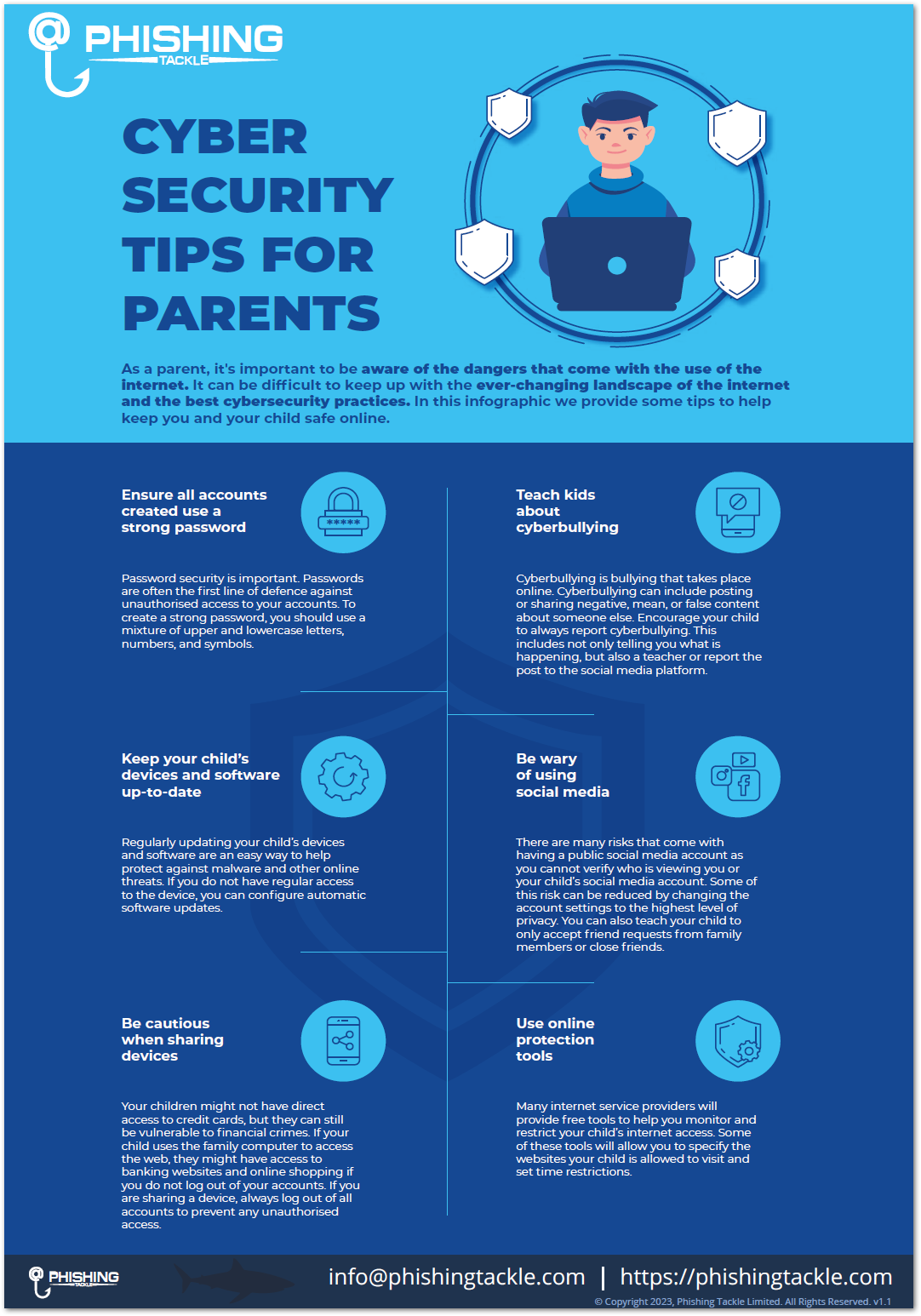Evaluating Cyber Security Organizations: Crucial Assessment Factors

In digital landscape, the importance of strong cybersecurity is paramount. As cyber threats evolving at an record pace, businesses must focus on the choice of a trustworthy cybersecurity partner. This decision is not just about selecting a vendor; it requires finding a leading cybersecurity company that comprehendss your specific needs and can efficiently protect your valuable data and assets. The ideal partner can be your initial line of defense against breaches, ensuring that your organization remains strong in the confrontation with continuously shifting threats.
When it comes to selecting a cybersecurity firm, there are various key evaluation criteria that should shape your choice. From critical traits such as background and qualifications to the ability to provide tailored solutions, it is essential to have a thoroughly understanding of what makes a cybersecurity provider distinguished. In this article, we will explore the essential qualities to look for, critical questions to ask, and warning signs to avoid, helping you maneuver through the complicated landscape of cybersecurity services and select a partner you can trust.
Key Review Criteria for Cybersecurity Providers
When evaluating cybersecurity providers, one of the most critical elements to note is their expertise and track record in the industry. Look for companies who have a demonstrated history of effectively mitigating cyber risks and establishing strong security measures for businesses comparable to yours. It’s crucial to ask about their former clients and case studies that demonstrate their ability to manage multiple cybersecurity challenges. Experience in your particular industry can also be advantageous, as it suggests an insight of the unique threats and compliance needs you may deal with.
Accreditations and partnerships play a significant role in determining a cybersecurity firm's reliability. Ensure that the provider holds applicable certifications, such as ISO 27001, CISSP, or CISM, which confirm their compliance to field standards and best practices. Established partnerships with leading technology companies, like Microsoft or Cisco, can further illustrate their technical capabilities and access to advanced security tools. Technology Consulting Firms is crucial when picking a cybersecurity firm, as it demonstrates their commitment to ongoing education and the use of innovative technologies in their services.
Lastly, it is vital to evaluate the range and breadth of services provided by the cybersecurity company. A trustworthy company should offer a thorough suite of solutions encompassing threat detection, incident response, risk assessment, and compliance management. Furthermore, it's helpful to ask about their strategy to continuous support and training for your employees. Effective cybersecurity is not only about technology but also about promoting a safety-minded culture within your business. A provider who values client education and forward-thinking long-term strategies will emerge as a reliable partner in your cybersecurity journey.
Crucial Qualities of a High-Quality Cybersecurity Partner
When looking for a top-tier cybersecurity partner, industry experience is critical. A company that has a proven track record in your particular sector will comprehend the distinct challenges you face and the legal requirements you must comply with. Their knowledge with common threats and vulnerabilities in your sector prepares them to provide bespoke solutions. This experience also demonstrates their ability to adapt to evolving cyber threats, ensuring that your defenses are strong and modern.
Accreditations and licenses serve as signs of a cybersecurity firm's proficiency and commitment to high standards. Look for companies with recognized certifications such as ISO 27001. These qualifications demonstrate their commitment to maintaining high standards in cybersecurity oversight and operational effectiveness. Additionally, ongoing training and education in the form of industry conferences or training sessions show their involvement with the latest technologies and threat landscapes, further ensuring your business is in capable hands.
Finally, a leading cybersecurity partner should focus on communication and transparency. Effective communication fosters a collaborative relationship, allowing for better agreement on targets and tactical initiatives. A partner that offers regular updates, thorough reporting, and simple explanations of technical aspects will ensure that your team stays informed and active in cybersecurity efforts. Transparency in procedures, including the disclosure of threat intelligence and incident response processes, builds trust and ensures that you can make knowledgeable decisions about your cybersecurity approach.
Warning Signs to Look Out For When Hiring
When considering potential cybersecurity companies, one of the most important factors is their style of communication. If a vendor is unresponsive or slow to address inquiries, it may indicate a deficiency in professionalism or capability. Pay attention to how they communicate their services; if they depend on jargon without ensuring you comprehend the concepts, it might signal they are more interested on making a sale than on your needs. Clear and transparent communication is vital for establishing trust and guaranteeing a productive collaboration.
Another important red flag is the absence of valid industry credentials or proven credentials. A high-quality cybersecurity provider should hold relevant certifications such as Certified Information Security Manager. If they fail to prove their qualifications or history within your notable industry, it may be a indicator that they lack the expertise necessary to secure your company effectively. Always demand and check the credentials of any potential cybersecurity associate.
Lastly, if a business downplays the necessity of ongoing support and incident response planning, that's a significant red flag. Cyber hazards change, and a dependable partner should stress the need for continuous monitoring and responsive strategies. They should also have a specific incident response plan in place. Not prioritizing to focus on Cybersecurity Consultants might indicate that they are not completely committed to your sustained cybersecurity necessities.

